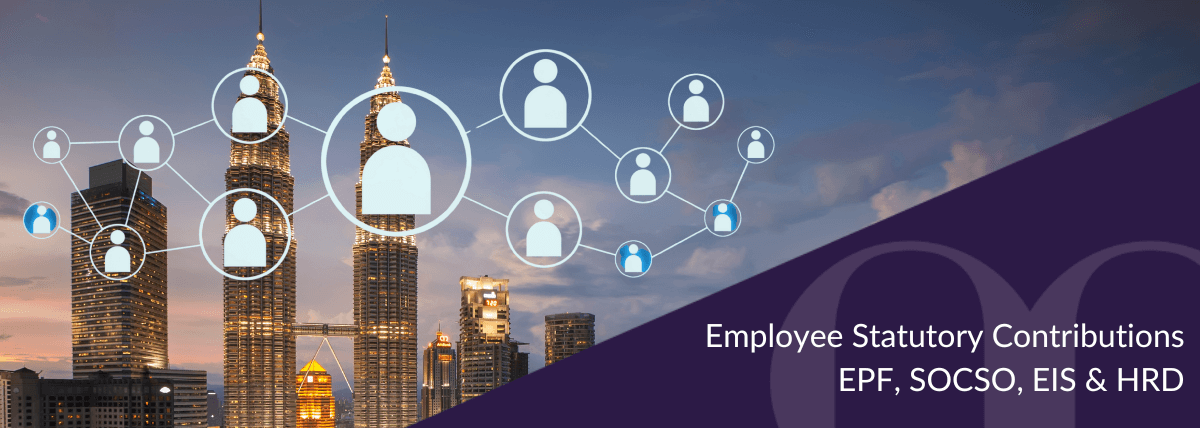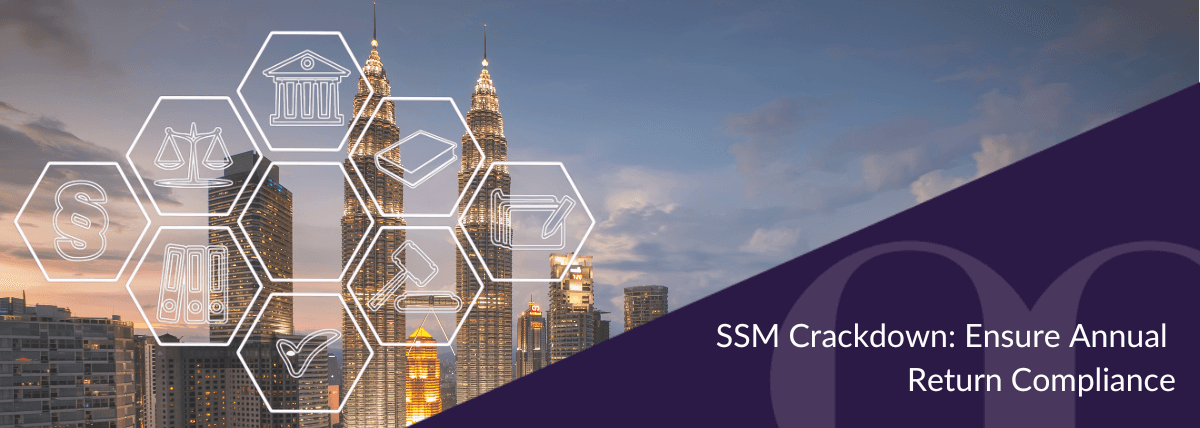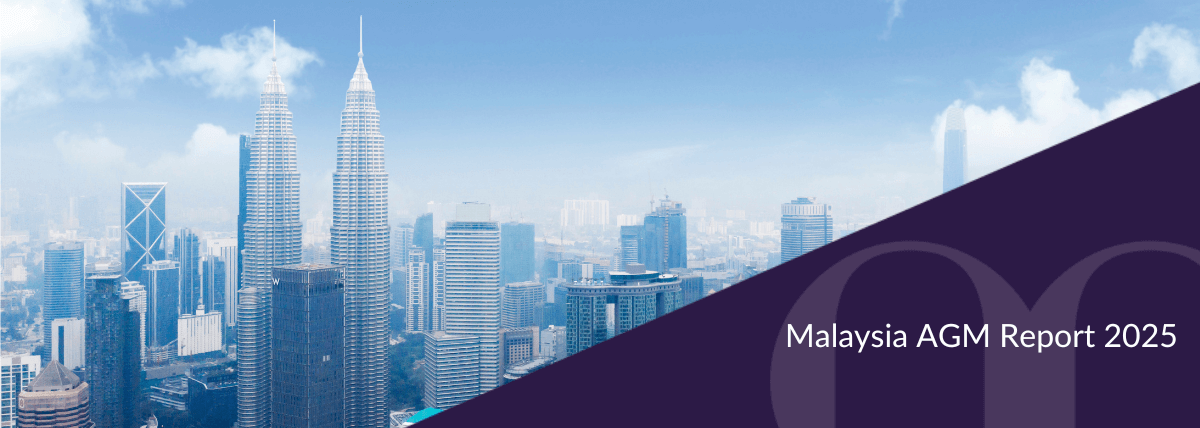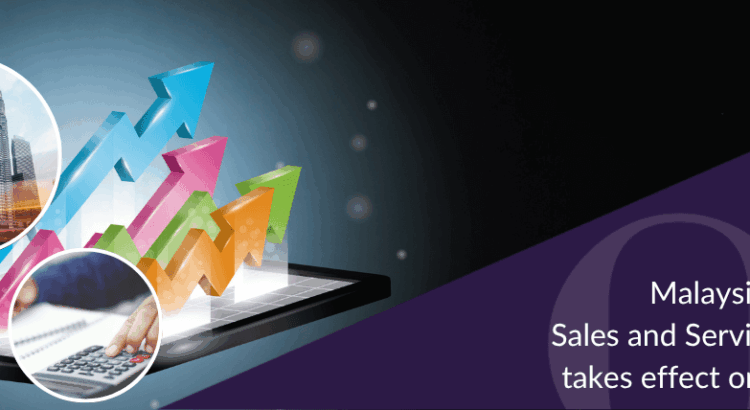Table of contents
- What Is Uplisting?
- What Does a Transfer Listing Involve?
- Key Benefits of Transfer of Listing for Companies
- Strategic Considerations Before a Transfer Listing
- Common Challenges of a Transfer Listing and How to Overcome Them
- Real-World Impact of a Successful Transfer Listing
- Navigate Your Uplisting Journey with Confidence
In Malaysia’s dynamic capital markets, companies often reach an inflexion point — a phase where strategic expansion, greater investor access, or stronger market visibility becomes essential to continued growth. One proven pathway is a transfer of listing, commonly known as an uplistingin the financial and investment circles, where companies migrate from alternative boards such as the ACE or LEAP Markets to the Main Market of Bursa Malaysia.
This move is not merely symbolic. For many growth-stage or mid-cap companies, uplisting offers the chance to reposition as stable, investor-ready entities with robust governance and long-term potential. As the regulatory framework evolves to support such transitions, understanding the true value of a transfer listing has never been more important for corporate leaders.
What Is Uplisting?
Uplisting refers to the process of moving a company’s stock from a junior or alternative exchange board, such as the ACE Market or LEAP Market, to a more regulated and prestigious platform, namely the Main Market. In Malaysia, these listing boards differ in terms of financial performance requirements, public shareholding spread, governance expectations, and investor accessibility.
The LEAP Market is tailored for micro and small enterprises with fewer compliance obligations and a limited investor audience (primarily sophisticated investors).
The ACE Market, by contrast, caters to growth-stage companies with broader investor access and moderately stricter requirements.
The Main Market caters to mature businesses with strong financial track records, robust governance practices, and the capacity to meet more stringent regulatory standards. A successful transfer listing to this board signals a company’s ability to operate at a higher level of public market scrutiny and often signals its ambitions for national or regional expansion.
What Does a Transfer Listing Involve?
A transfer listing entails a comprehensive review of the company’s financial position, corporate governance, internal controls, and operational readiness. Bursa Malaysia assesses applicants based on profitability track records, shareholder thresholds, and compliance history.
Enhancements to the listing framework introduced in 2023 have made streamlined the transfer listing process, especially for transfers from the ACE Market to the Main Market. These updates have reduced procedural duplication and accelerated access to the Main Market’s benefits, such as increased visibility, broader investor reach and wider access to capital.
Key Benefits of Transfer of Listing for Companies
Choosing to pursue a transfer of listing isn’t simply about prestige; it delivers tangible, long-term strategic benefits that can enhance a company’s growth and sustainability.
Here are some of the key advantages:
Enhanced Visibility and Credibility
Listing on the Main Market elevates a company’s profile significantly. The Main Market is closely monitored by analysts, institutional investors, and the media, offering companies a platform to gain broader recognition. This increased visibility strengthens the company’s corporate image and builds greater trust among stakeholders.
Greater Liquidity and Shareholder Base
A transfer listing opens the door to a larger and more diverse investor pool, including retail investors, institutions, and foreign participants. This typically results in higher trading volumes and improved share price stability and increased investor confidence, making it easier for existing shareholders to realise value and for new investors to come on board.
Better Access to Capital Markets
With enhanced investor confidence, transparency and credibility, companies in the Main Market often find it easier to raise funds through private placements, rights issues, or bond offerings. This improved access to capital enables strategic investments, supports expansion plans, and strengthens the company’s overall financial resilience.
Improved Corporate Governance and Transparency
Transfer listings to the Main Market requires compliance with stricter disclosure and governance standards, pushing companies to improve board composition and independence, risk management frameworks, and financial reporting. These enhancements not only meet regulatory standards, but also foster long-term organisational trust and accountability.
Increased Attractiveness to Institutional Investors
Institutional funds — both local and international — often have mandates that restrict investments to Main Market companies due to liquidity and governance criteria. A successful transfer listing to the Main Market, therefore, expands the company’s investor base to include a wider range of funding sources and strategic investors who can support its growth and expansion efforts.

Strategic Considerations Before a Transfer Listing
Before committing to a transfer listing, companies must carefully evaluate their current capabilities and level of readiness. This involves meeting regulatory thresholds and implementing internal transformation to align with Main Market expectations.
To qualify for the Main Market, a company must meet Bursa Malaysia’s listing requirements, which include profitability benchmarks, adequate public shareholding spread, and audited financial track records. Any gaps must be identified and addressed early in the planning phase to avoid delays or potential rejection.
Beyond financial metrics, companies must demonstrate strong internal governance which includes robust internal controls, an independent and effective board structure, and formalised policies to manage risks and disclosures. These elements reflect the governance maturity required for the company to operate under the scrutiny that comes with a Main Market listing.
Common Challenges of a Transfer Listing and How to Overcome Them
Even well-prepared companies can face roadblocks during the transfer listing process. Anticipating these challenges early on can help pave the way for a smooth and successful transition.
Navigating Regulatory Complexities
The application process involves coordination among multiple stakeholders: legal advisers, financial consultants, auditors, and regulators. Aligning documentation and meeting disclosure requirements can be resource-intensive without guidance from experienced advisors.
Managing Stakeholder Expectations
Transitioning to the Main Market can lead to scrutiny from internal and external stakeholders. From employees to investors, it is essential to manage expectations through consistent, proactive communication and transparency throughout the transfer listing journey.
Leveraging Professional Support
Engaging an experienced corporate services provider can significantly ease the burden of the transfer listing process. From conducting due diligence to liaising with regulators and ensuring post-listing compliance, professional guidance can help streamline the transfer listing journey and reduce risk.
Real-World Impact of a Successful Transfer Listing
What tangible outcomes can companies expect after a transfer listing?
Apart from achieving its strategic objectives, several positive outcomes are commonly observed:
Companies that transition to the Main Market often experience upward re-rating on their stock valuation, driven by increased analyst coverage and investor demand.
A listing on the Main Market is viewed as a mark of corporate maturity and governance. This fosters higher investor trust, resulting in stronger trading volumes and sustained long-term participation.
With improved credibility, companies may find it easier to establish partnerships, attract cross-border investments, or even consider dual listings (secondary listings) in other global financial exchanges.
Being a Main Market-listed company raises the company’s standing not only among investors but also within its sector, offering competitive advantages in attracting new clients and partnerships.
Being a Main Market-listed company is a powerful symbol of achievement, growth and stability, which can help attract top-tier talent and improve morale among existing employees.
Navigate Your Uplisting Journey with Confidence
A successful transfer listing is more than a compliance milestone; it’s a strategic transformation in how a company operates, presents itself, and competes in the marketplace. From enhanced investor trust to operational maturity, the impact of a transfer listing extends well beyond listing day. It lays the foundation for sustainable growth and broader opportunities in Malaysia’s capital market.
To navigate this journey successfully, it is important to work with experts who understand the nuances of governance, regulatory compliance, and market readiness. At BoardRoom Malaysia, we guide companies through every phase of the IPO application and share registration process and into their post-listing journey. Whether you’re taking early steps or preparing to leap to the Main Market, our team is ready to help unlock your company’s full potential.
Read about the regional IPOs we’ve supported and see how we’ve helped companies achieve successful market debuts.
Ready to go public or transfer a listing on Bursa Malaysia? Contact us today to start your journey with confidence.
Related Business Insights
-

07 Oct 2025
Employee Statutory Contributions: EPF, SOCSO, EIS & HRD
Learn how to manage Malaysia's statutory contributions, EPF, SOCSO, EIS & HRD, with clear guidance on compliance, b …
READ MORE -

11 Sep 2025
SSM Crackdown: Ensure Annual Return Compliance
Act now on annual return compliance in Malaysia. Learn what the SSM crackdown means and how BoardRoom Malaysia can …
READ MORE -

10 Sep 2025
Malaysia AGM Report 2025
Discover how you can navigate the busy AGM season effectively while balancing regulatory demands and stakeholder ex …
READ MORE








